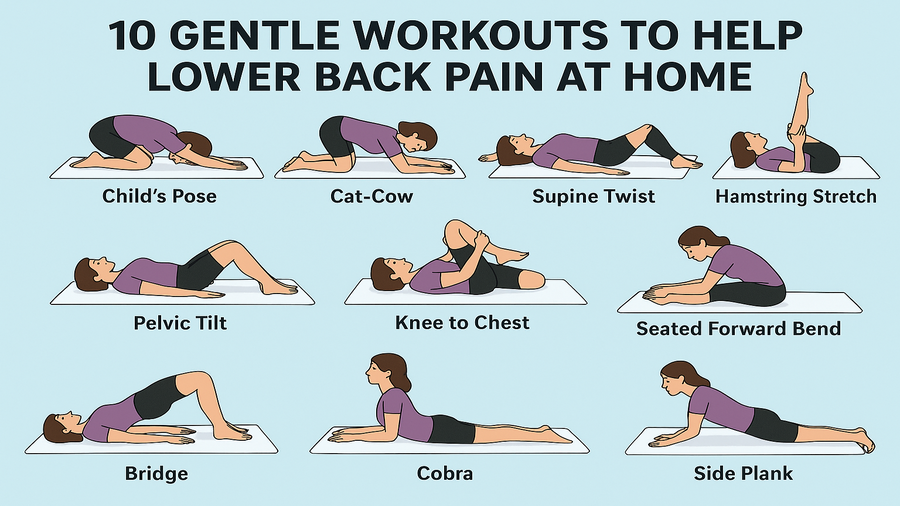Lifestyle
Discover how changing your sleeping posture can help you get better sleep.


By Kajal Sharma - 25 Jan 2024 09:18 PM
You are aware of the potential health benefits of sleep; a recent study determined that seven hours per night was the optimal amount. However, it now appears that whether you sleep on your side, flat on your back, or prone, there may be additional implications for your health and wellbeing. That may be a big difference, given that you spend a third of your day in bed. Experts suggest that while everyone's experience is different, some sleeping positions may help to prevent or improve specific health issues. For particular problems, these are the recommended sleeping positions.For optimal breathing, sleep on your side. It's possible that you've noticed that when you lie on your back, your snoring gets louder (or your partner has).
According to neurologist Rachel Marie E. Salas, M.D., assistant medical director of the Johns Hopkins Center for Sleep and Wellness in Baltimore, "it can be significant if you have untreated obstructive sleep apnea."When the tissues at the back of your throat relax and seal, you are momentarily oxygen-starved, which is known as obstructive sleep apnea. This causes you to gulp or sputter for air during the night, waking you up several times. Fatigue and sporadic sleep are the outcome.Though Salas advises getting evaluated for sleep apnea, which is typically treated by wearing a CPAP (continuous positive airway pressure) equipment, snoring is generally resolved by cuddling up on your side. According to her, 80% of persons who fit the diagnostic criteria for apnea go undiagnosed. "However, it raises your risk of high blood pressure, cardiac arrhythmias, heart attacks, and strokes." Dementia risk is also associated with sleep apnea.
If you have back pain, sleep on your back. If you're among the eighty percent of Americans who have suffered from back pain, how you sleep can determine whether you wake up feeling rested or like you need to crawl back into bed. Shaleen Vira, director of spine surgery research at UT Southwestern Medical Center in Dallas and assistant professor of orthopedic surgery and neurosurgery, states that sleeping on your back in the neutral position is the recommended posture to sleep in. Maintaining your spine's natural alignment and curvature is what it means to be in a neutral stance.To achieve that, select the "just right" bed pillow and arrange a pillow roll or rolled towel beneath your knees. According to Vira, using a pillow that is too large for your sleeping position might cause kyphosis, a forward bending of the neck that causes tension. Additionally, "sleeping with a pillow too small or without one at all can cause you to be hyperextended," leading to additional bodily pressures.
























